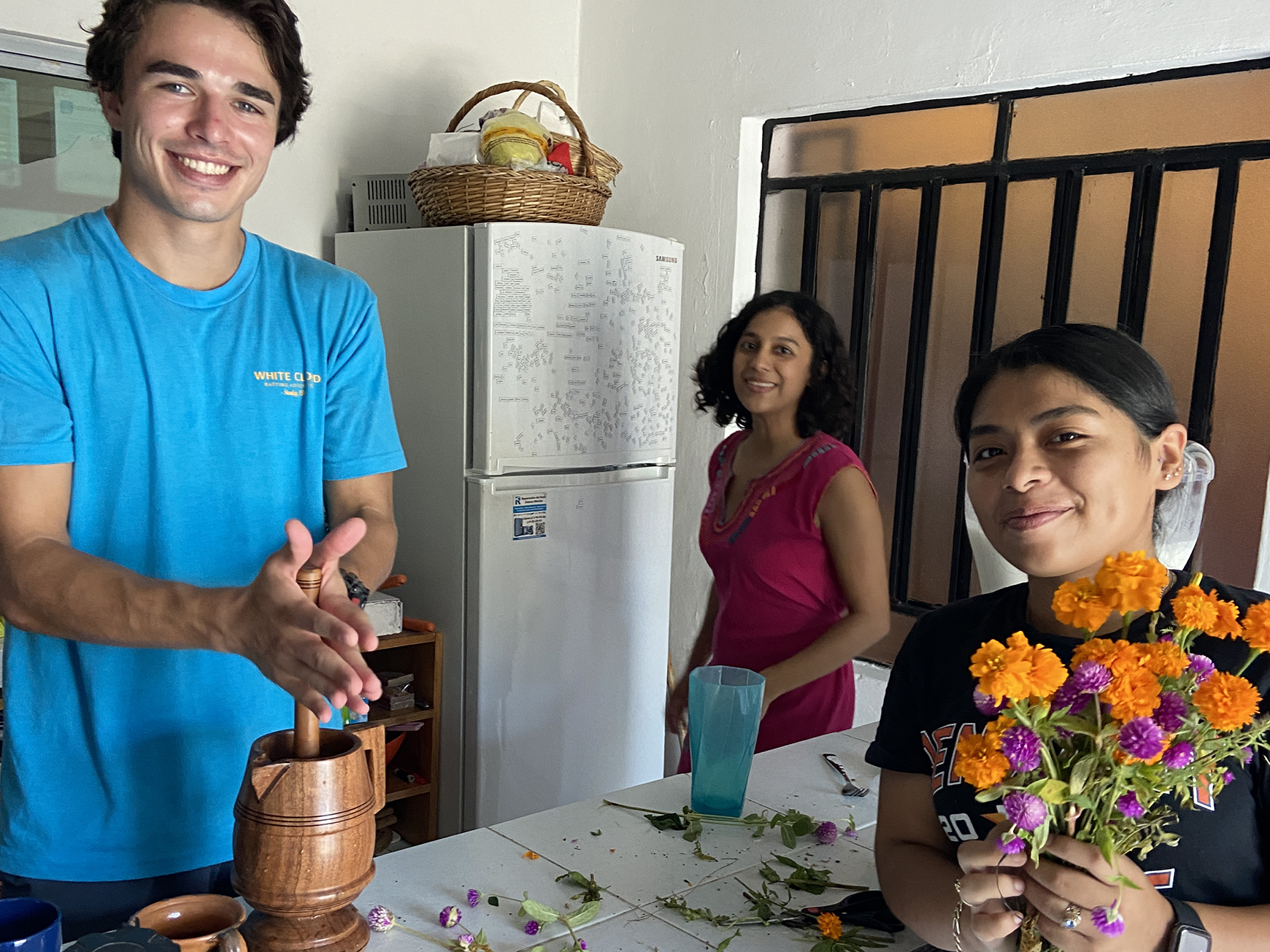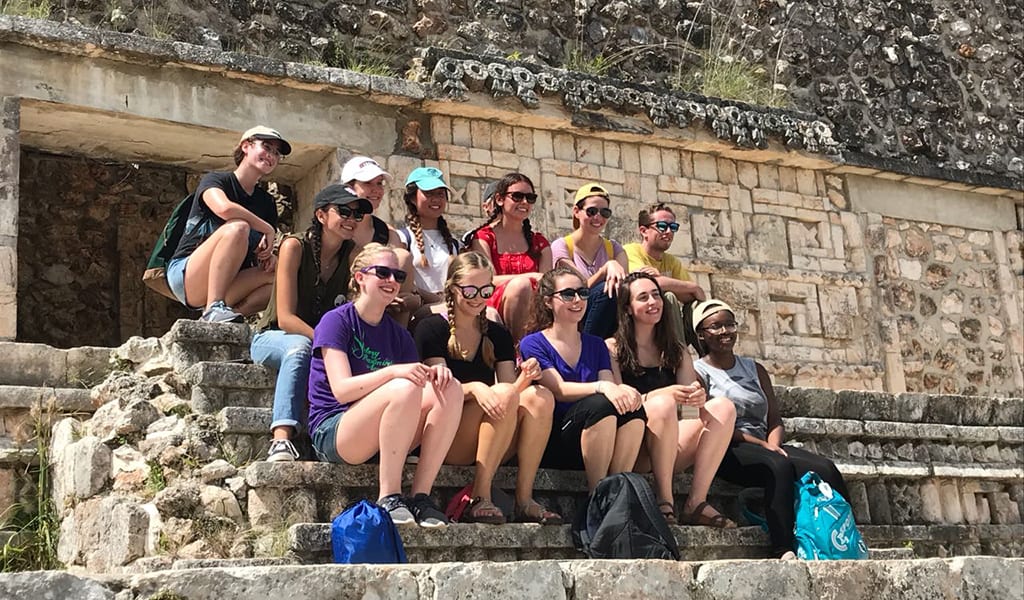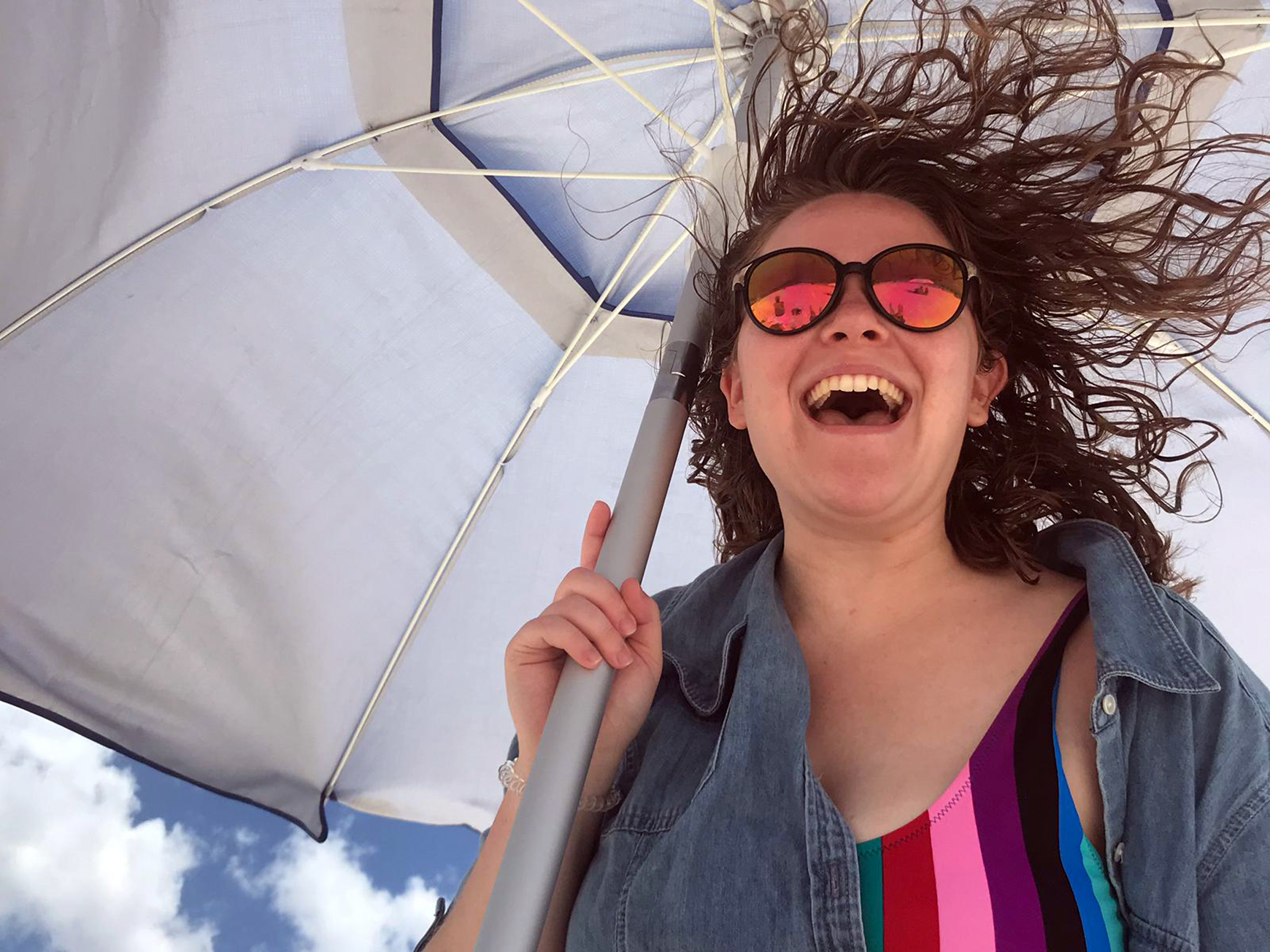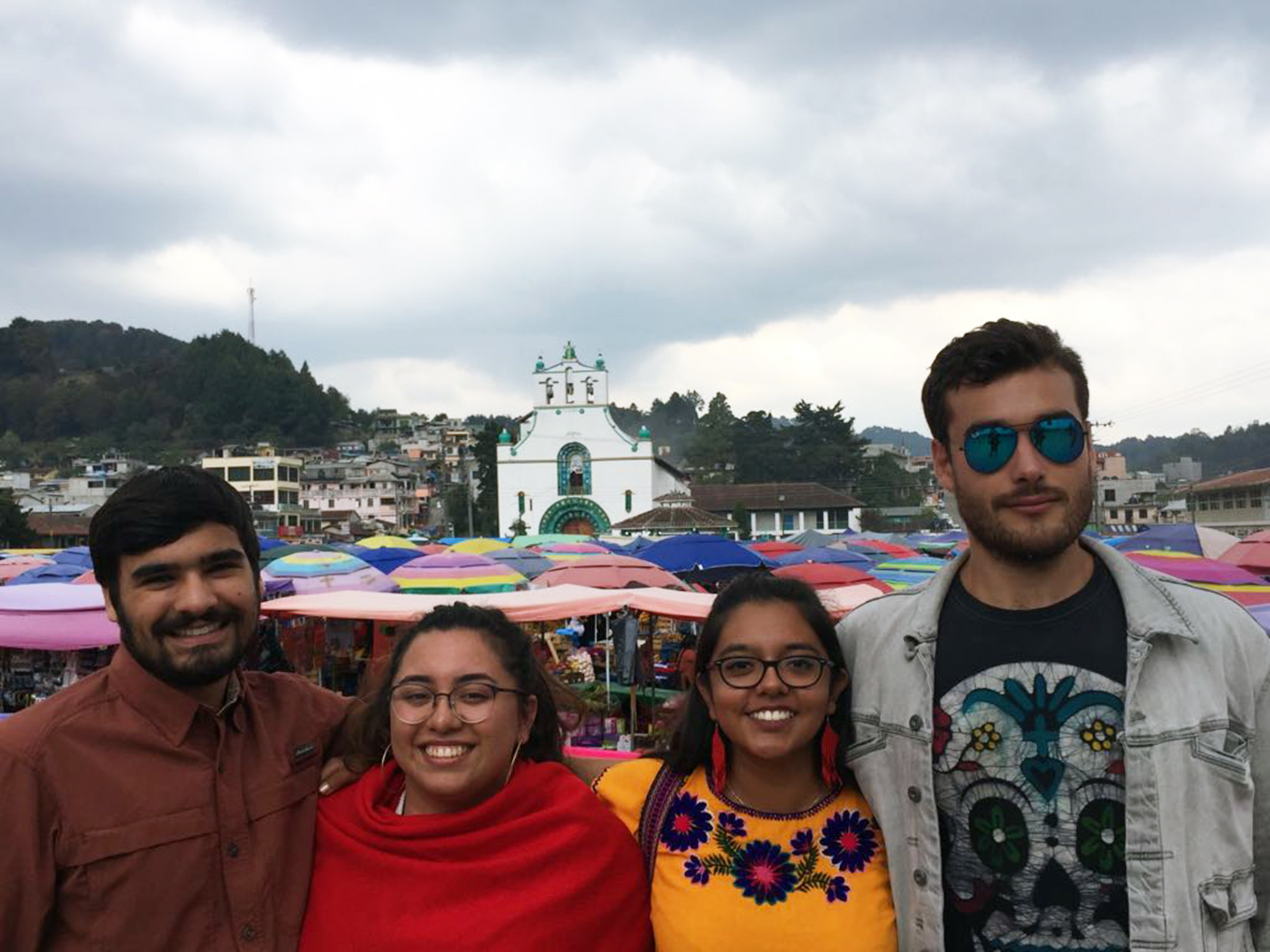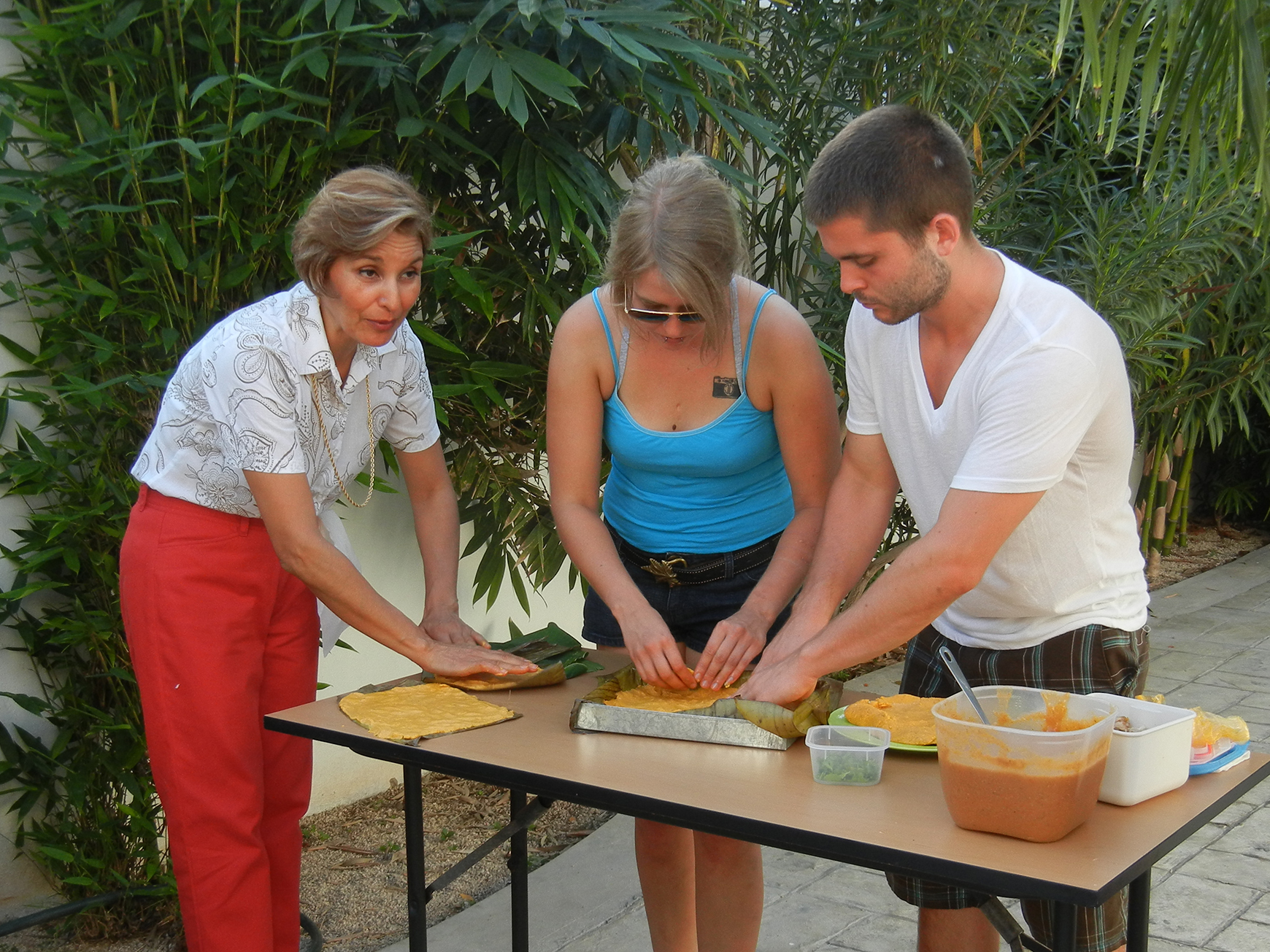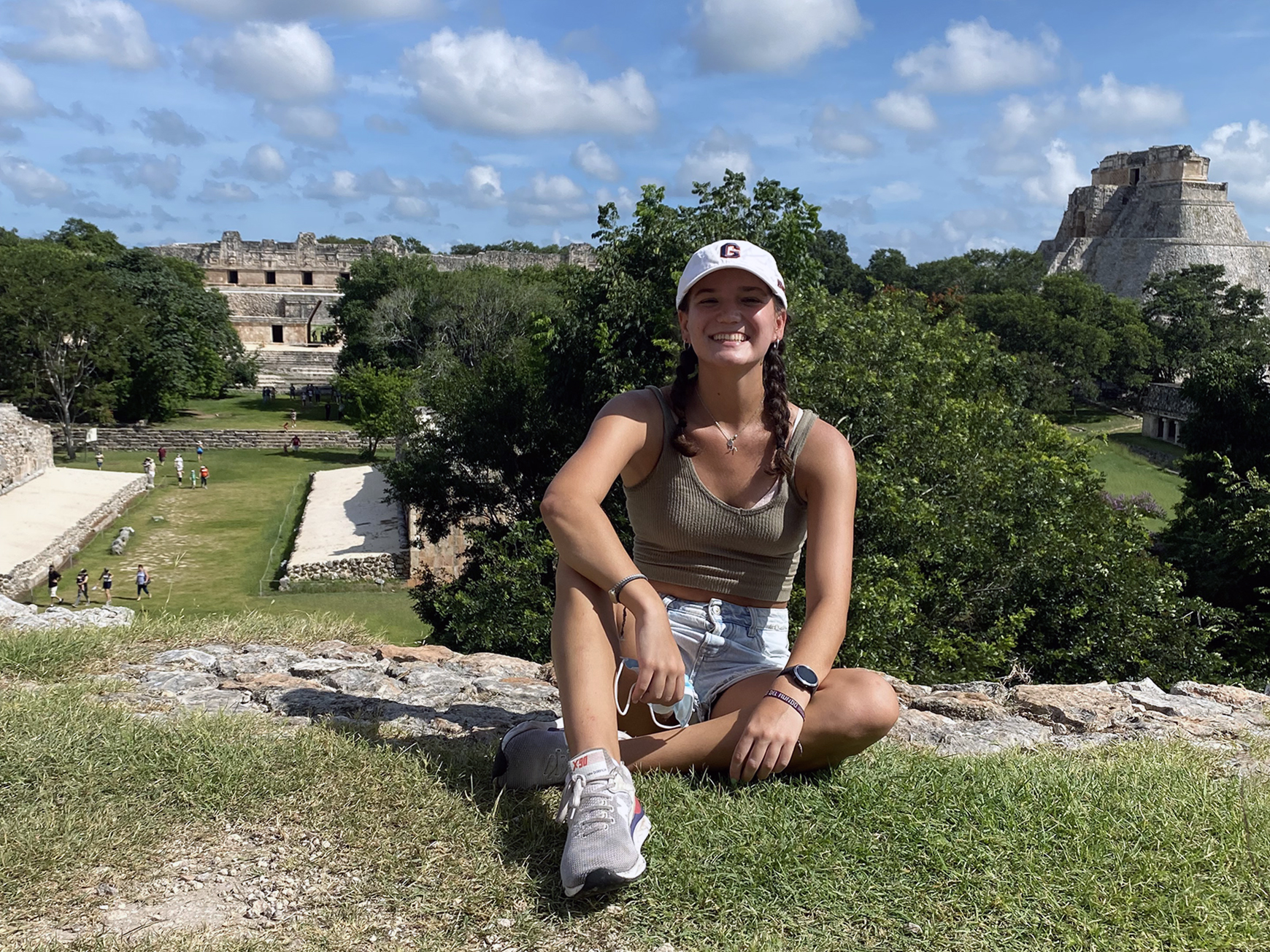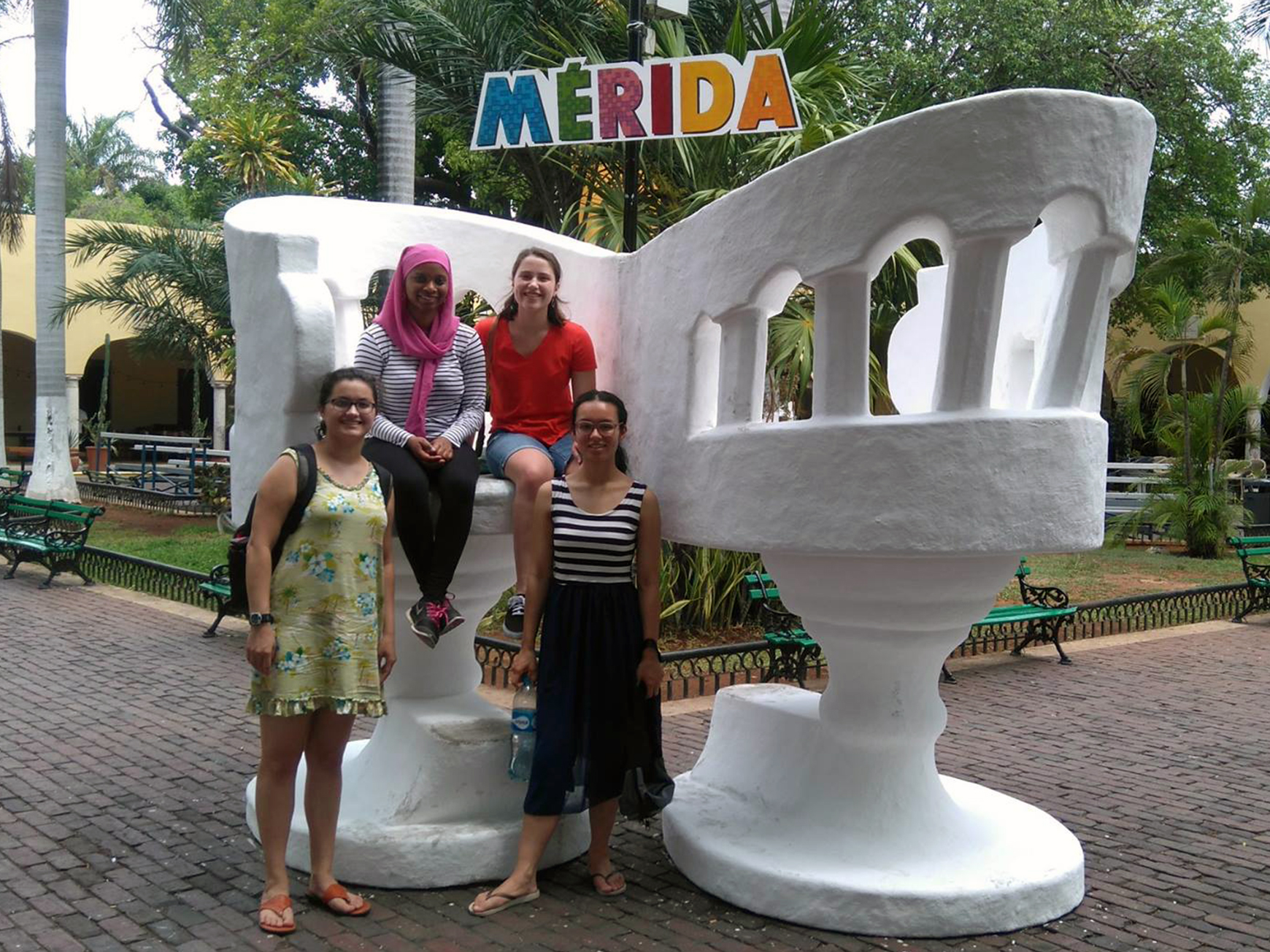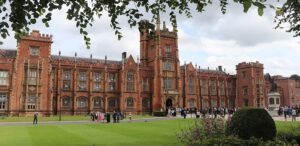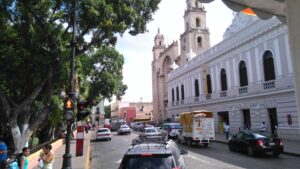Merida, Mexico
IFSA Summer in Mexico
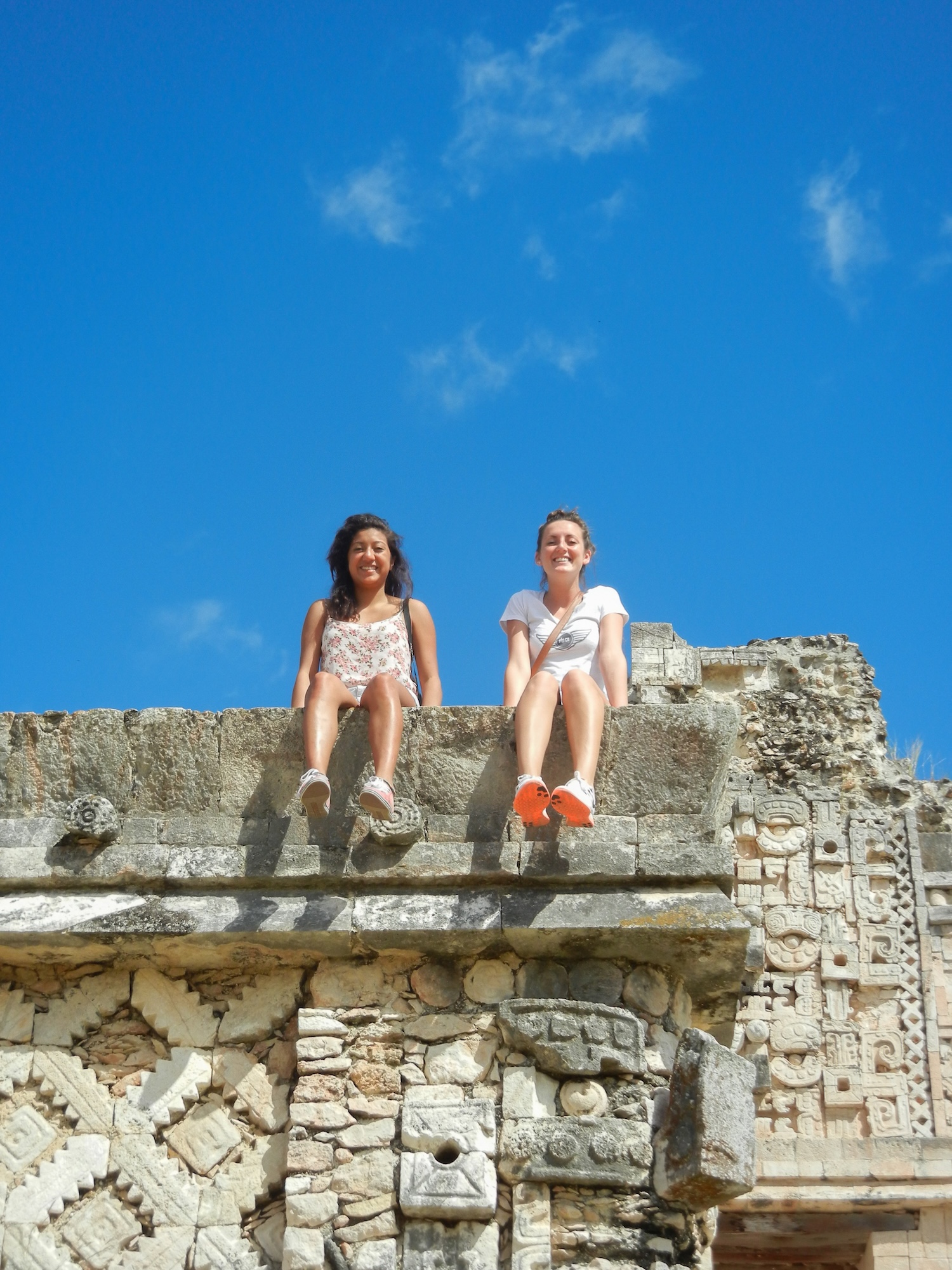

Program Overview
DISCOVER ANCIENT CIVILIZATIONS, CEYNOTES, AND COCHINITA PIBIL
One of the Yucatán’s most charming cities, Mérida basks in 300 days of sunshine a year. Full of Mayan and Spanish influences, it’s a fascinating place to explore cultural hallmarks as you flex your academic muscles.
One of the urgent needs of Mexico, as well as the world as a whole, is to conserve natural resources. Explore aspects of ecology and sustainability including the recovery, preservation, and protection of the environment. You could also tease apart the impact of increasingly diverse communities on public and private health care in different settings.
This is a six-week, exclusive IFSA-Designed Program. Learn more about these affordable programs here.
If you’re interested in a summer internship, check out the IFSA Summer Internships in Mexico program.
Details at a Glance
Application deadline
Minimum GPA
2.00
Credit load
3–7
Housing
Single Room Option, Homestay
Instruction language
English, Spanish
Language prerequisites
None.
Visa required?
Not in most cases. Learn more.
Academics
During your IFSA Summer in Mexico, customize your study abroad experience by taking a combination of the next available courses:
- Contemporary Issues in Public Health in the Yucatan (3-credits)
Language of Instruction: English
Increasing diversity in the socioeconomic, ethnic, and racial composition of our communities has presented healthcare providers with new challenges when responding effectively to patient health and wellbeing. This class examines the public and private healthcare systems of Mexico, mainstream and traditional care in urban and rural settings, and local prevailing health issues such as cervical cancer, obesity, diabetes, and heart disease in order to understand the patients’ expectations and understanding of their health differ from their own cultural context. - Beyond Borders: Local Solutions Driving Global Sustainable Development (3-credits)
Language of Instruction: English
This course delves into the United Nations Sustainable Development Goals (UNSDGs) and the pressing global challenges impacting our world today. Through an interdisciplinary approach, students will explore critical topics such as poverty, hunger, inclusive practices, environmental protection, and sustainable living within the context of their study abroad host country. By analyzing local contexts and investigating mitigation efforts, students will gain a nuanced understanding of how these global challenges manifest and how diverse perspectives can be integrated to address them ethically and effectively. Throughout the course, students will engage in critical evaluations and reflections to develop their personal agency in addressing global problems. They will explore and compare international, national, and local responses to these issues, fostering an informed and ethical approach to sustainable development. The course emphasizes active engagement and ethical considerations, preparing students to contribute meaningfully to the wellbeing of communities worldwide. - Ecology and Sustainable Development (3-credits)
Language of Instruction: English
One of the challenges for society today is to raise awareness to conserve natural resources in the long term. Knowledge inventories and their value by society, are necessary and urgent. This class addresses aspects of the history of ecology, as well as conceptual components of tropical ecosystems and the ways in which they interact in the environment. This requires us to approach ecology as an interdisciplinary science, enabling us to understand its importance in the recovery, preservation, and protection of the environment. Although the class devotes part of the time to the deepening of theoretical content, it also provides opportunities to the practical side, through participation in field excursions. The class includes the development of a practical assignment by students, which helps to put into practice the concepts and skills presented in the class. - Identity and Culture in Contemporary Yucatan (3 credits)
Language of Instruction: Spanish
This course will analyze a series of themes related to Contemporary Yucatan. This will allow students to develop a wide perspective of the current state of the local political scenario, as well as the social and cultural aspects. Amongst the most important topics, we will study the Mayan indigenous population; forms of political organization; violence; migratory movements within the Mayan population as well as other migrant groups entering the Yucatan; tourism; gastronomy; and archaeology in the Yucatan. As a general reference point for each of these contemporary themes will be the history of Yucatan during the 19th and 20th centuries. This will allow students to place themselves in the historical processes that have influenced the current image of the State of Yucatan. - Essential Spanish (1-credit)
Language of Instruction: English and Spanish
If you’ve never studied Spanish before, you can take this optional, introductory class in Spanish language and Mexican culture. By introducing key words and phrases and venturing out into the city to practice them, you’ll gain essential skills to communicate effectively and navigate in a new culture. - Essential Mayan (1-credit)
Language of Instruction: English
If you’ve never studied Mayan before, this introductory class will give you a unique opportunity to explore the basics of the Yucatecan Maya language and culture. By learning key words and expressions and practicing them in real-life settings, you’ll gain essential skills to communicate at a basic level with local speakers and deepen your cultural immersion. The course also introduces students to aspects of Mayan heritage, traditions, and daily life, helping them to appreciate the enduring legacy of the language in contemporary Yucatán - Beginning Spanish (3-credits)
Language of Instruction: English and Spanish
The core objective of the course is to provide the necessary formal tools for the development of students’ linguistic competence through work with the four macro skills (reading, writing, speaking and listening) as an introduction to the culture, and a vehicle for an understanding of it. - Intermediate Spanish (3-credits)
This course focuses on enhancing students’ proficiency in Spanish. Students will engage in more complex conversations and improve their reading and writing skills, with a deeper exploration of cultural topics.The class sessions are developed around relevant communicative tasks. These tasks are conceived as the main goals of the learning process, including the work on different oral and written comprehension and pronunciation skills, the grammatical structures, lexical items and cultural topics.The work on vocabulary and grammar within the scope of the task favors the appropriation of new linguistic resources and their contextualized use, since the student links both to a specific doing with the language in a meaningful context of experience.Finally, the inclusion of field visits make it possible to connect work inside the classroom with life outside it in a double movement; because the students’ skills are nourished by their experience in the place, and because those skills allow them to actively dialogue with the world of that experience.
Australia Outbound Program
Students enrolled at select Australia universities are invited to participate in this program. The program is open to students of all year levels and all fields. Students will earn 45 contact hours credit; the equivalent of one subject. For more information on the Australia Outbound program, please reach out to us at australiaoutbound@ifsa-butler.org.
Language Requirement
To enroll in Spanish-taught classes, you must have a specific language level. Please visit our Language Requirements page for more details. If you have questions about whether you qualify, contact your IFSA Enrollment Counselor.
APPLICATION REQUIREMENTS
Eligibility
- You must be at least 18 years of age. Students under 18 may be accepted on a case-by-case basis.
- You must be currently attending or recently graduated from a U.S. or Canadian community college, technical college, two-year college, four-year college, or four-year university. Students attending select Australia universities are also eligible.
- You must have completed at least one (1) full-time semester of study at your home institution before the beginning of the term.
Recommendation Letter
Not required.
TRANSCRIPT
Upon completion of your program, IFSA will send an official Butler University transcript to your home university with your coursework converted to the U.S. semester credit hour system. You will also have access to an unofficial transcript in your IFSA Student Portal. The transcript reflects classes taken, credits attempted, and grades earned during your term abroad. This service is included in your study abroad program at no additional cost. See our Transcripts page for more information.
Excursions
Activities and excursions are designed to pull you into the communities you visit and encourage cultural connections of every kind. There’s no extra fee to participate in these optional outings—everything is included in your program fee.
Below are a selection of activities and excursions from previous terms; options may vary for your program. Due to the seasonal nature of many of program activities, we cannot guarantee a specific activity or excursion will be available in a given term or program.
Activities
- City-as-Text Activity: Get to know Mérida’s beautiful downtown and the surrounding neighborhoods. Learn both the legendary history of the city and the region as well as contemporary social processes that affect the city’s daily life, such as touristification and gentrification. This activity includes a talk about the city in the classroom and bus tour in the historical center.
- Mayan World Museum Visit: Visiting this museum offers a cultural and historic context needed to fully appreciate excursions to the Mayan archeological sites of Chichén Itzá and Uxmal.
- Biciruta Tour: Approach the city from a different perspective. Usually the streets are full of cars, but during this tour the roads are closed so that you can visit them. Both citizens and visitors enjoy touring the beautiful avenue of Paseo de Montejo in this unique way!
- Chichén Itzá and Yokdzonot Cenote: Discover one of the New Seven Wonders of the World at Chichén Itzá, an ancient Mayan city that stands as a testament to the civilization’s knowledge and architectural mastery. After exploring this UNESCO World Heritage Site, cool off at the nearby Cenote Yokdzonot: a community-managed natural pool surrounded by vegetation and limestone walls. Here, sustainability and tradition come together as locals have transformed this site into a space for conservation, recreation, and cultural connection.
- Uxmal and Yaal-Utzil Cenote: Journey to the ruins of Uxmal, a jewel of the Puuc region renowned for its ornate facades and architecture. The Governor’s Palace, Nunnery Quadrangle, and Pyramid of the Magician reveal the Mayans’ sophisticated understanding of astronomy, religion, and aesthetics. Following your exploration, visit the community of Yaal Utzil, where you can take a refreshing swim in a beautiful cenote.
Housing and Meals
Housing
Single Room Option, HomestayMeals
All IncludedDetails
In Mérida, students live with local families in what’s known as a homestay. Homestays make it easy to immerse yourself in the region’s rich culture. They also provide many opportunities to build your Spanish language skills, if that’s part of your plan.
Homestays: Who’s at home?
We place students with carefully screened families, many of whom have been hosting IFSA students for nearly 20 years. Many have grown children who have left home and enjoy having young people around. Families host up to two IFSA students at a time.
You might live with a retired couple and their beloved terrier, with frequent visits from their young grandchildren. Your hosts might have high school-age children and a grandparent living with them. Or you might join a single mom who shares her home with her adult daughter and grandson, with another adult child living nearby.
- Location. Host families live throughout the city. You might live close to downtown within easy walking distance to the IFSA Program Center—or 45–60 minutes away via public transportation (that’s just 15 minutes away via Uber).
- Living space. Each student has their own bedroom. Bathrooms are sometimes private but could be shared with other family members. Your hosts provide a desk or other suitable place to study.
- Meals. Three meals a day included. Your homestay family understands that you also need time out to be with friends and explore—they’ll appreciate a heads-up when you plan to eat out. Students buy their own snacks.
- Language. Few families are fluent in English, but most can communicate. We do our best to place students without Spanish skills with English-speaking families.
- Other details. Internet included. Air conditioning is limited to eight hours at night, so expect to adjust to heat and humidity in this tropical environment. Most homes have a washing machine that students can use once a week. In some cases, the family offers to do the laundry. If the family does not have a washing machine, they will take the student once a week to the laundromat.
- Nearby. Cafes, restaurants, malls, and public transportation.
Dates and Fees
Get Started
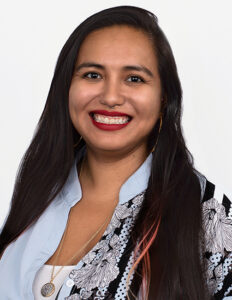
Selena Rincon
Senior Enrollment Counselor
